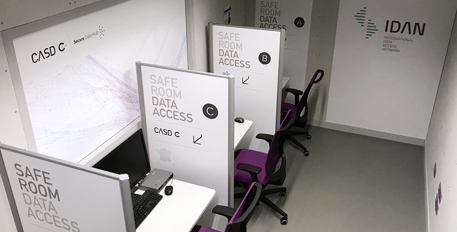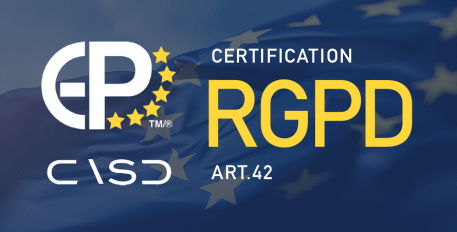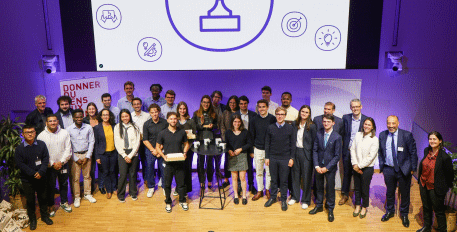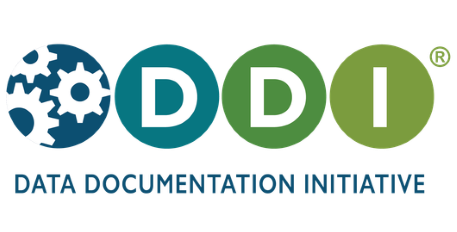CASD and its partners, IAB and GESIS in Germany, CBS in the Netherlands, ONS and UKDS in the United Kingdom, have agreed on a high security baseline to allow researchers to work on data from different centres from each of the partner sites. This standard applies in particular to the safe room set up at the CASD to meet the very strict conditions that allow only the installation of the various access points in the same place with their corresponding security measures.
Necessary counterpart for these new facilities, which make it possible to develop the use by researchers of confidential data from several countries, this common security reference framework, which meets the high security levels of each of the partners in accordance with European regulations, is an important step towards consolidating the network.
From now on, in the CASD offices in Palaiseau, are installed alongside an SD-Box, the access points for IAB and CBS data. SD-boxes are also already installed in the safe rooms of the UKDS (in Colchester), IAB (in Nuremberg), CBS (in The Hague), GESIS (in Mannheim and Cologne) and soon ONS (in London) where access points to other partners are available as and when agreements are signed.
The security framework adopted makes it possible to meet, within the framework of a single location that necessarily increases the constraints, the security requirements common to all partners while making it possible to manage those specific to each partner by avoiding an accumulation effect when it is not necessary. Reservation and identity control for access to the safe room, a very strict organization of the room isolating each workstation, is thus required of everyone. The highest level of security (e.g. no paper and pencil or personal computers) applies to everyone when a user of a centre the applicant is present in the safe room even if this level is not required for others. Specific provisions are provided to allow users to use their smartphone required for early-session authentication in certain cases (e. g. CBS) while respecting the prohibition for others to bring it into the room.
The first research projects hosted show the interest of researchers in this system and make it possible to envisage its eventual stronger integration and expansion to other secure centres.






